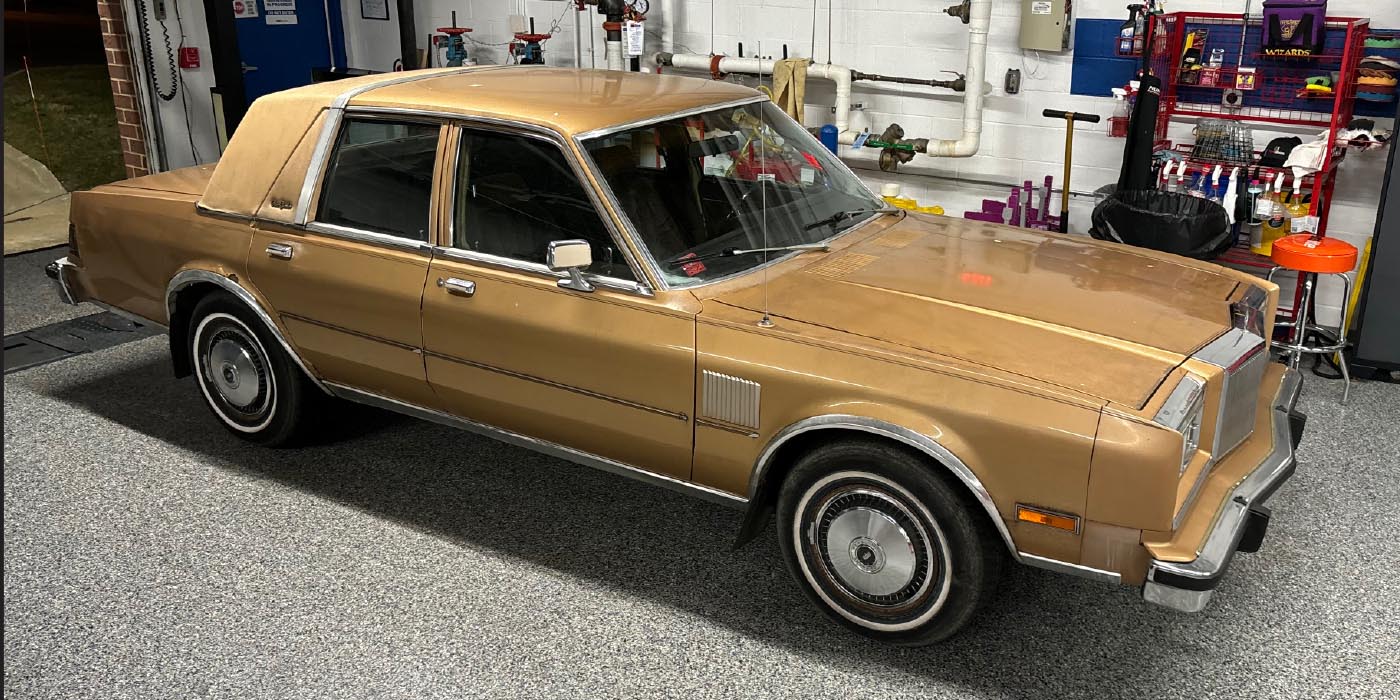Last month, I offered up 50 tips to improve your business in 2008. Tip 31 was “Ask suppliers for better pricing. The worse they can say is no.” I received an email from a reader about it:
I’m the third generation in a parts jobber/warehouse. We specialize in fleets, especially cab fleets that experience rough, hard service. We have three generations of trying parts on our own cars. If we didn’t trust the part on our own cars, we would try not to carry it. Yes, everyone wants a lower price filter or brake shoe or pad, but we hate to carry the lines and tell them that you pay cheap, you get cheap. If we lose a sale to a competitor on an item, we would follow up so that when the customer wanted to return to sanity, we’d be there. We even give samples (brakes, shocks etc.) to show the customer whether we were right. Usually, it works.
Louis Weinberg
Addie Auto Supply
New York, New York
With tip 31 I was taking the approach that you should ask your parts supplier for the best pricing when it comes to overall mark-up and pricing matrix in exchange for customer loyalty. I was not advocating the use of the cheapest possible parts. Louis’ email got me thinking.
In our September 1931 issue, BRAKE & FRONT END made nine pledges to the reader — here are the two that grabbed my attention:
To campaign against the Quacks and Gyps who through cut-prices, unscrupulous work and the use of inferior materials that are undermining public confidence in dependable work of honest brake specialist.
To fight unfair mail-order house competition in brake service.
Nothing much has changed except “mail-order house” can be replaced with “white box,” economy or whatever name you have for these parts.
At the heart of this discussion is the quality of the parts and eventually the effectiveness of the repairs. Do not confuse the issue with country of origin or who sells the parts — it is about quality. In 15 years, we have seen the rise of these lines of parts and equipment. These parts and tools are typically unbranded or have weak brands behind them. They are always priced drastically lower than mainstream or heritage brands.
Just as in 1931 (the depths of the Great Depression), we are at a crossroads in terms of the state of the economy and the image of the repair shop. We can either surrender to cutthroat pricing and lower quality repairs, or we can repair cars the right way with high-quality parts and tools just as they did in the 1930s. If we always choose price over quality, we will turn the aftermarket into a commodity.
Ask any consumer how they want their car repaired. The first response is they want the vehicle repaired for the least amount of money. Ask them about what they need and it is a different story. What they need is a repair that makes the vehicle safe and reliable. With needs prioritized over wants, price becomes a secondary issue. Consumers may be temporarily blinded by price, but the benefits of a quality repair last longer.
Even though a customer can’t rattle of brand names of filters, brake pads or tires, they are able to spot a lower quality part or brand when it is presented to them. How? They are consumers. Any shopper that walks down the cereal aisle in a grocery store can differentiate between economy and premium brands before they see the price. They may not know the flake to raisin ratio, but they know which is a premium product by the label and brand. The same is true for automotive service and parts.
Taking the time to explain what brand of brake pad, strut or exhaust component, either verbally or written, can have real benefits. They might not be familiar with the brand or they might even do research on the Internet. By knowing the brand, it enhances the value of the repair because they will feel they are getting more than just a part.
If these parts and tools are so bad, why are they available? It is difficult question to answer. People point to the economy and lack of government standards. But, one warped motive is sellers are afraid they will lose your business if they don’t have the lowest price. You can call it the “Wal-Mart Syndrome.” This line of thinking is not doing the aftermarket any good and threatens to turn us into a commodity. This is why I applaud Louis and Addie Auto Supply. They have realized that quality products and customer service is the key to growing the aftermarket.


